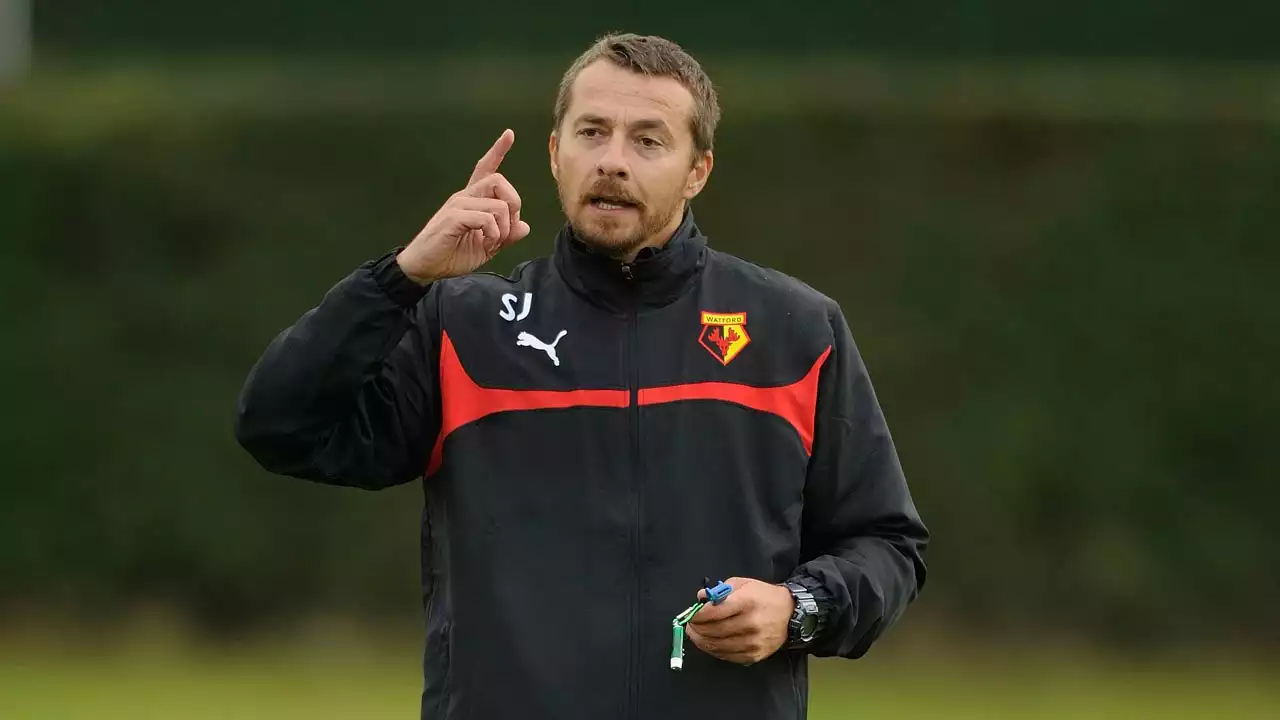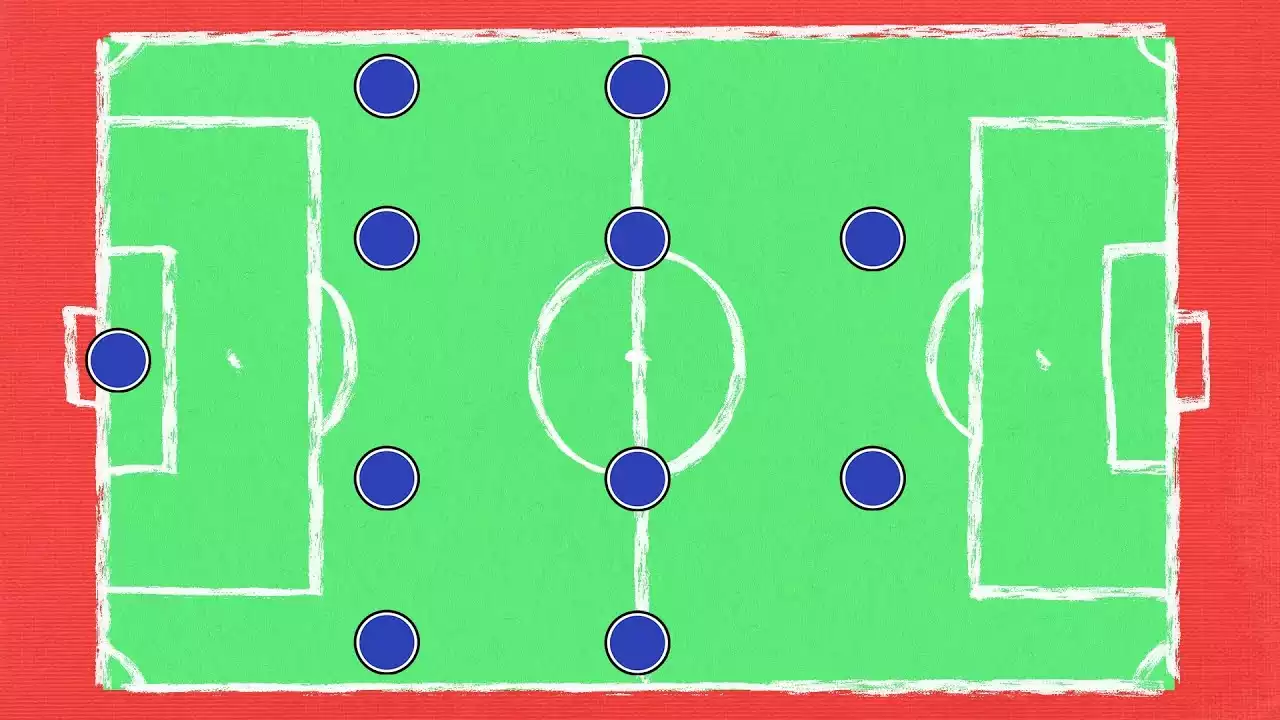The Role of a Football Manager
The position of a football manager is a complex and multifaceted one. It requires a unique combination of tactical acumen, man-management skills, and the ability to inspire and motivate a group of players. A manager is responsible for setting the team's strategy, selecting the starting lineup, making substitutions, and implementing tactics to outwit the opposition. Additionally, they must create a cohesive team environment, foster a positive team culture, and handle the various egos and personalities within the squad. It is a demanding role that requires strong leadership qualities and the ability to make tough decisions for the benefit of the team.
Former Players Turned Managers in the EFL Championship
The EFL Championship, known for its competitiveness and intensity, has seen a significant number of former players transition into managerial roles. These individuals bring a wealth of experience and knowledge to their teams, having been on the other side of the touchline as players themselves. They understand the pressures of playing at a high level and can relate to the challenges that their players face. This unique perspective allows them to connect with their players on a deeper level and earn their respect and trust. The EFL Championship has become a breeding ground for managerial talent, with former players often given the opportunity to prove themselves in the demanding world of football management.
Success Stories of Former Players Turned Managers
Several former players have achieved remarkable success as managers in the EFL Championship. One such example is Frank Lampard, who had a stellar playing career with Chelsea and the England national team. After retiring from football, Lampard took the reins at Derby County in the EFL Championship. In his first season as a manager, he led the team to the playoffs and narrowly missed out on promotion to the Premier League. Lampard's impact on the team was evident, as he instilled a sense of belief and unity among the players. His tactical nous and ability to make astute decisions under pressure earned him praise from both fans and pundits alike.
Challenges Faced by Former Players in Managerial Roles
While former players bring valuable insights and experiences to their managerial roles, they also face unique challenges. One of the main challenges is the transition from being a teammate to a manager. Former players must establish authority and gain the respect of their players, many of whom may have been their peers not too long ago. This requires a delicate balance of assertiveness and empathy, as managers must make tough decisions while maintaining good relationships with their players. Additionally, former players may need to adapt their playing style and tactics to suit the modern game, which is constantly evolving. It is crucial for managers to stay up to date with the latest trends and innovations in football to remain competitive.
The Impact of Playing Experience on Managerial Style
The playing experience of former players has a significant impact on their managerial style. Having been on the pitch themselves, they have a deep understanding of the game and can relate to the challenges faced by their players. This allows them to provide valuable guidance and advice, as they have been in similar situations themselves. Additionally, former players often bring a winning mentality and a desire for excellence to their managerial roles. They know what it takes to succeed at the highest level and can instill these values in their teams. Their experience as players also gives them a unique perspective on the game, allowing them to spot patterns and make tactical adjustments more effectively.
Notable EFL Championship Managers Who Were Former Players
The EFL Championship has been graced by several notable managers who were former players. One such example is Neil Harris, who had a successful playing career with Millwall before taking on the role of manager. Under his leadership, Millwall achieved promotion to the Championship and established themselves as a competitive force in the league. Harris's passion for the club and his ability to galvanize his players have been instrumental in their success. Another notable example is Tony Mowbray, who had a distinguished playing career with Middlesbrough before transitioning into management. Mowbray has led Blackburn Rovers to promotion from League One and has established them as a solid Championship side.
The Importance of Leadership in Football Management
Leadership is a crucial aspect of football management. Managers must be able to inspire and motivate their players, create a positive team culture, and make tough decisions for the benefit of the team. Leadership qualities such as communication skills, empathy, and the ability to build trust are essential for success in the highly competitive world of football management. Former players often possess these qualities in abundance, having experienced the pressures and challenges of professional football firsthand. Their ability to lead by example and connect with their players on a personal level sets them apart as exceptional managers.
Strategies for Success as a Former Player Turned Manager
Former players turned managers can employ various strategies to achieve success in their managerial roles. One important strategy is to continue learning and developing their coaching skills. Football management is a constantly evolving field, and managers must stay up to date with the latest trends and innovations. Former players can benefit from enrolling in coaching courses, attending seminars and conferences, and seeking guidance from experienced mentors. Additionally, it is crucial for managers to build a strong support network and surround themselves with a knowledgeable and dedicated coaching staff. Collaboration and open communication within the coaching team can lead to better decision-making and improved team performance.
The Evolving Landscape of Football Management
The landscape of football management is constantly evolving, with new challenges and opportunities emerging. Former players will continue to play a significant role in shaping the future of football management, bringing their unique perspectives and experiences to the table. As the game becomes more data-driven and technology-driven, managers must adapt and embrace new tools and methodologies. The ability to analyze and interpret data, incorporate advanced training methods, and make data-driven decisions will be crucial for success in the modern game. Former players turned managers will need to continuously update their skills and stay ahead of the curve to remain competitive in the ever-changing world of football management.
The EFL Championship has been the breeding ground for many exceptional managers who were former players. These individuals bring a wealth of experience, knowledge, and leadership qualities to their managerial roles. Their playing careers have equipped them with a deep understanding of the game and the ability to connect with their players on a personal level. They have achieved remarkable success, guiding their teams to promotion, establishing them as competitive forces in the league, and leaving a lasting impact on their respective clubs. As the landscape of football management continues to evolve, former players turned managers will play a vital role in shaping the future of the game. Their unique perspectives and experiences will continue to inspire and motivate future generations of football players and managers alike.









